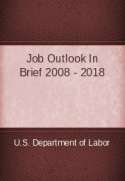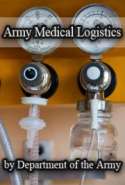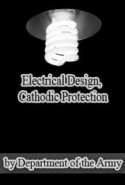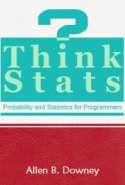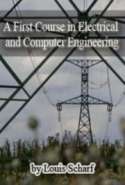Reference Books
Earthquake Safety Guide for Homeowners
There are no guarantees of safety during earthquakes, but properly constructed and strengthened homes are far less likely to collapse or be damaged during earthquakes. FEMA advises you to act on the suggestions outlined in this booklet and make yourself, your family, and your home safer.
Fuel Economy Guide 2014
Looking for a new vehicle? The 2014 Fuel Economy Guide highlights the leading fuel efficiency and conventional gas models.
Job Outlook In Brief 2008 - 2018
Every 2 years, the U.S. Bureau of Labor Statistics projects employment prospects for hundreds of occupations in the Occupational Outlook Handbook.
Counterinsurgency
A field manual by the United States Army which outlines tactics on counterinsurgency operations in Afghanistan and Iraq.
Army Medical Logistics
This Field Manual (FM) that addresses the role of medical logistics (MEDLOG) in the Army’s distribution-based supply system.
Marine Crewman's Handbook
The US Army watercraft fleet is made up of all types of vessels, including oceangoing vessels, tugs, landing craft, barges, and amphibians. The watercraft operator must have the skills and knowledge to perform the tasks required on any of these vessels.
Electrical Design, Cathodic Protection
A manual from the US Department of Army that presents design guidance for cathodic protection systems.
Handbook Help Me Understand Genetics
Rating: Rated: 0 times
Format: PDF, ePub, Kindle
This handbook helps learners understand how genetics work, with emphasis on what is a cell and how it is formed, Deoxyribonucleic Acid or DNA, genes and chromosomes.
Think Stats: Probability and Statistics for Programmers
Think Stats: Probability and Statistics for Programmers is a textbook for a new kind of introductory probe-stat class. It emphasizes the use of statistics to explore large datasets.
A First Course in Electrical and Computer Engineering
This book was written for an experimental freshman course at the University of Colorado. The course is now an elective that the majority of our electrical and computer engineering students take in the second semester of their freshman year, just before their first Circuits course.



